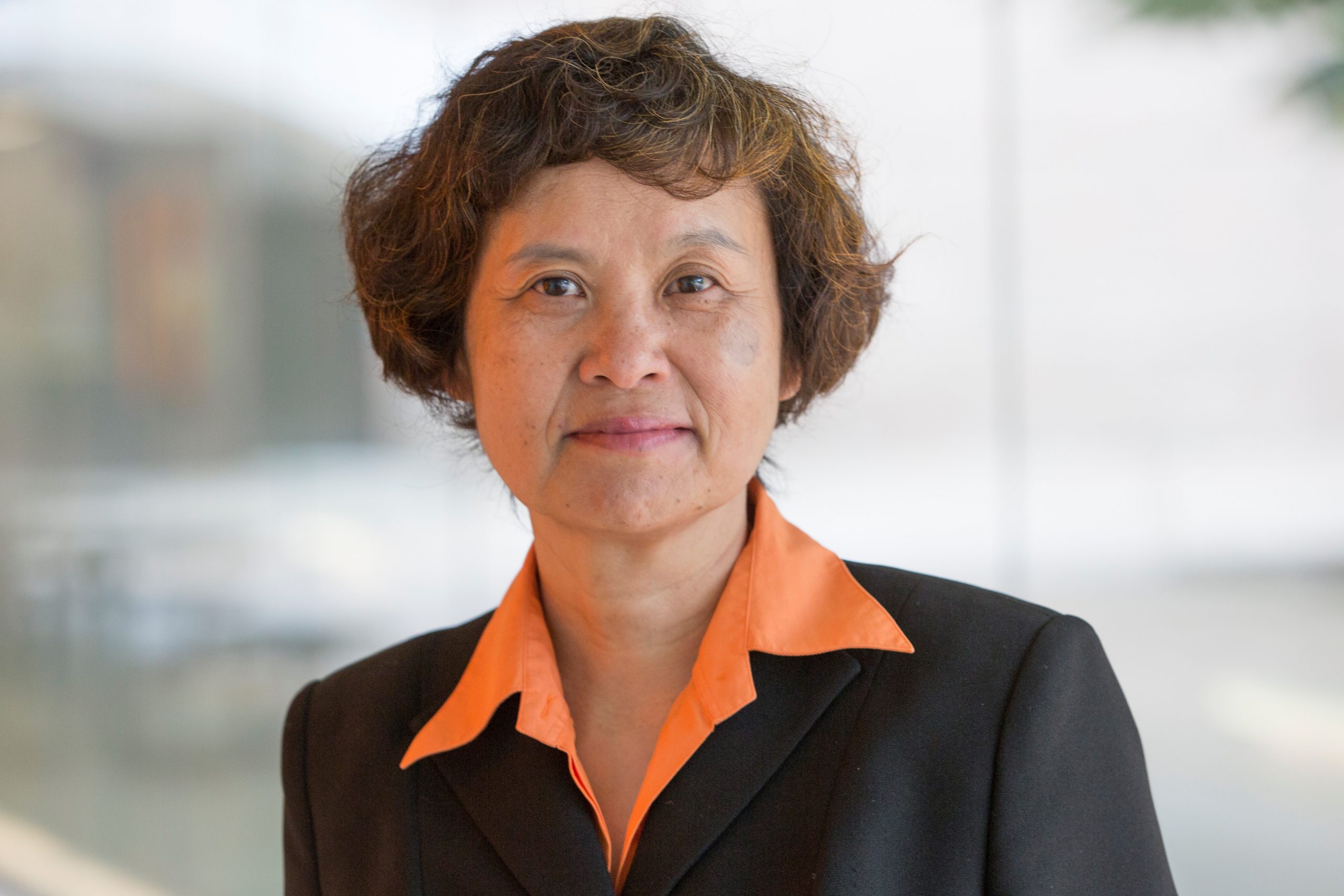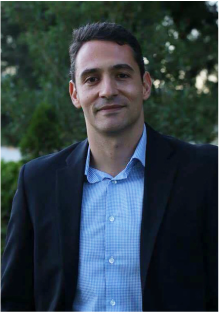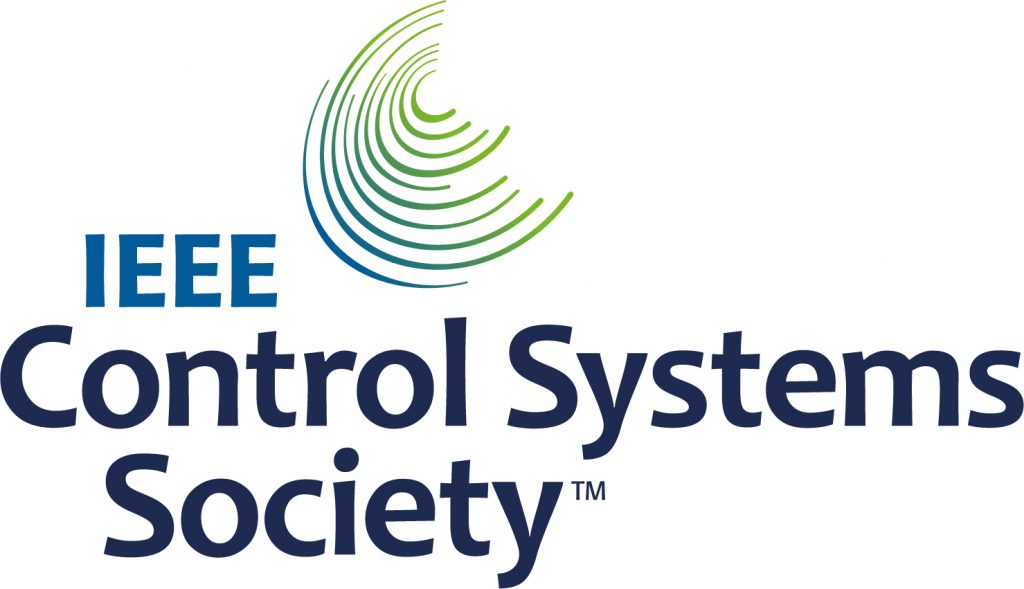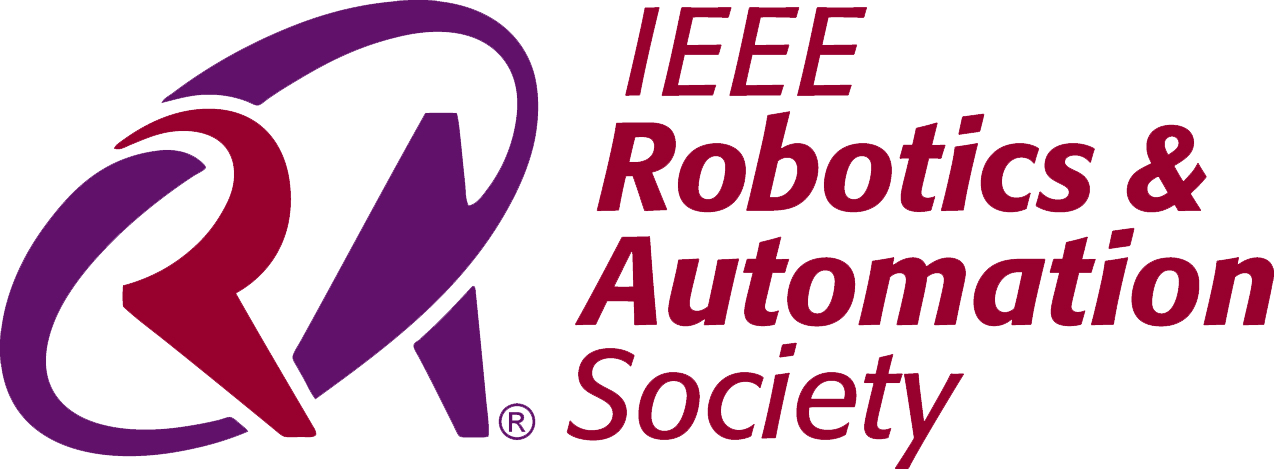Plenary Speakers
|
|
Prof. Karl H. Johansson |
Tuesday, June 27, 2023, 09:00-10:00, Grand Hall |
|
Traffic control using automated vehicles: distributed sensing, actuation, and learning |
|
| Abstract: While the long-term benefits of introducing connected and automated vehicles into road traffic are widely understood to be revolutionary, there is much debate about whether its early stages will cause an increase in congestion and issues related to human-driven vehicles. Notwithstanding, connected vehicles acting as mobile sensors and actuators could enable traffic predictions and control at a scale never before possible, and thereby a much more efficient use of the available and future road infrastructure. In this talk, we will present how new freight transport technology based on automated truck platoons can be the backbone for such a system. Some fundamental theoretical and experimental results on the control and coordination of truck platoons will be presented. How such platoons influence traffic flows by acting as a moving bottleneck will be discussed together with traffic models suitable for designing novel traffic control systems. It will be argued that these models are possible to learn automatically using recent physics-informed machine learning techniques based on data gathered by vehicles acting as traffic flow sensors. Experiments show that relatively few connected vehicles are enough to mitigate congestion and improve traffic conditions significantly. The presentation is based on joint work with many students and postdocs at KTH and researchers at Swedish automotive industry.
Bio: Karl H. Johansson is Professorwith the School of Electrical Engineering and Computer Science at KTH Royal Institute of Technology in Sweden and Director of Digital Futures. He received MSc degree in Electrical Engineering and PhD in Automatic Control from Lund University. He has held visiting positions at UC Berkeley, Caltech, NTU, HKUST Institute of Advanced Studies, and NTNU. His research interests are in networked control systems and cyber-physical systems with applications in transportation, energy, and automation networks. He is President of the European Control Association and member of the IFAC Council, and has served on the IEEE Control Systems Society Board of Governors and the Swedish Scientific Council for Natural Sciences and Engineering Sciences. He has received several best paper awards and other distinctions from IEEE, IFAC, and ACM. He has been awarded Swedish Research Council Distinguished Professor, Wallenberg Scholar with the Knut and Alice Wallenberg Foundation, Future Research Leader Award from the Swedish Foundation for Strategic Research, the triennial IFAC Young Author Prize, and IEEE Control Systems Society Distinguished Lecturer. He is Fellow of the IEEE and the Royal Swedish Academy of Engineering Sciences. |
|
|
|
Prof. Jing Sun |
Wednesday, June 28, 2023, 09:00-10:00, Grand Hall |
|
Bridging the Gap in Prediction, Optimization, and Control of Integrated Dynamic Systems |
|
| Abstract: Integrated systems are ubiquitous as more heterogeneous physical entities are combined to form functional platforms. With increased connectivity, new and “invisible” feedback loops and physical couplings are introduced, leading to emerging dynamics and making the integrated systems more control-intensive. The multi-physics, multi-time scale, and distributed-actuation natures of integrated systems present new challenges for modeling and control. Understanding their operating environments, achieving sustained high performance, and incorporating rich but incomplete data also motivate the development of novel design tools and frameworks.
In this talk, I will use the integrated thermal and power management of connected and automated vehicles (CAVs) as an example to illustrate the challenges in the prediction, optimization, and control of integrated systems in the era of rapid advances in AI and data-driven control. While first-principle-based modeling is still essential in understanding and exploiting the underlying physics of the integrated systems, model-based control and optimization have to be used in a much richer context to deal with the emerging dynamics and inevitable uncertainties. For CAVs, we will show how model-based design, complemented by data-driven approaches, can lead to control and optimization solutions with a significant impact on energy efficiency and operational reliability, in addition to safety and accessibility. Bio: Jing Sun received her Ph. D degree from the University of Southern California in 1989 and her master’s and bachelor’s degrees from the University of Science and Technology of China in 1984 and 1982, respectively. From 1989 to 1993, she was an assistant professor in the Electrical and Computer Engineering Department at Wayne State University. She joined Ford Research Laboratory in 1993, where she worked on advanced powertrain system controls. After spending almost ten years in the industry, she returned to academia in 2003. She joined the University of Michigan, where she is the Michael G. Parsons Collegiate Professor in the Naval Architecture and Marine Engineering Department, with joint appointments in the Electrical Engineering and Computer Science Department and Mechanical Engineering Department at the same university. She holds 44 U.S. patents and has published over 300 archived journal and conference papers. She is a Fellow of NAI (the National Academy of Inventors), IEEE (Institute of Electrical and Electronics Engineers), IFAC (International Federation of Automatic Control), and SNAME (the Society of Naval Architecture and Marine Engineering). She is a recipient of the 2003 IEEE Control System Technology Award. |
|
|
|
Prof. Kostas Alexis |
Thursday, June 29, 2023, 09:00-10:00, Grand Hall |
|
Resilient Robotic Autonomy: Methods and Systems |
|
| Abstract: Enabling autonomous robots to access, navigate and broadly operate in arbitrary industrial or natural environments represents a strenuous and daunting challenge. Motivated by this fact, this talk focuses on methods and systems toward instilling resilient autonomy across diverse robot configurations with the aim to seamlessly access and operate anywhere and subject to any conditions. Results and experiences from the victorious journey of Team CERBERUS in the DARPA Subterranean Challenge are presented, lessons learned are outlined and a multitude of experimental studies from follow-up research activities are discussed.
Bio: Kostas Alexis is Full Professor at the Department of Engineering Cybernetics of the Norwegian University of Science and Technology (NTNU). Highlights of his research include leading Team CERBERUS winning the DAPRA Subterranean Challenge and a host of contributions in the domain of resilient robotic autonomy – in perception, planning and control including learned navigation policies. Earlier research has included contributions in setting the endurance world-record for UAVs in the below 50kg class with AtlantikSolar flying continuously for 81.5 hours. Since becoming professor, initially in the US and then in Norway, he has been the PI for a host of grants from NSF, DARPA, NASA, DOE, USDA, Horizon Europe, the Research Council of Norway and other public and private sources. |
|







